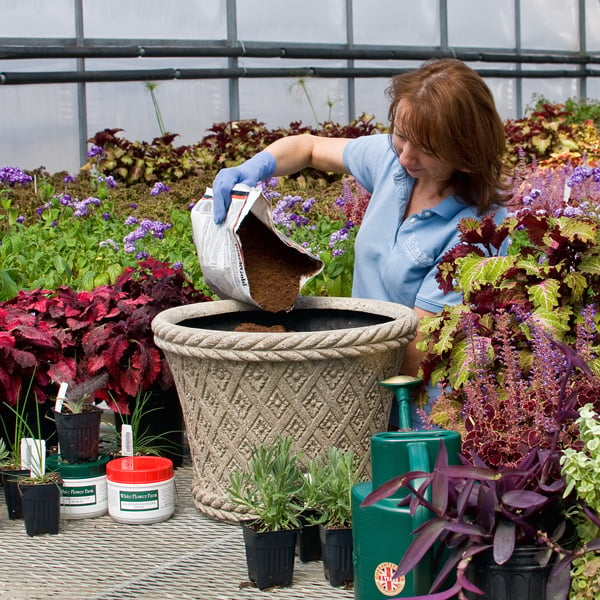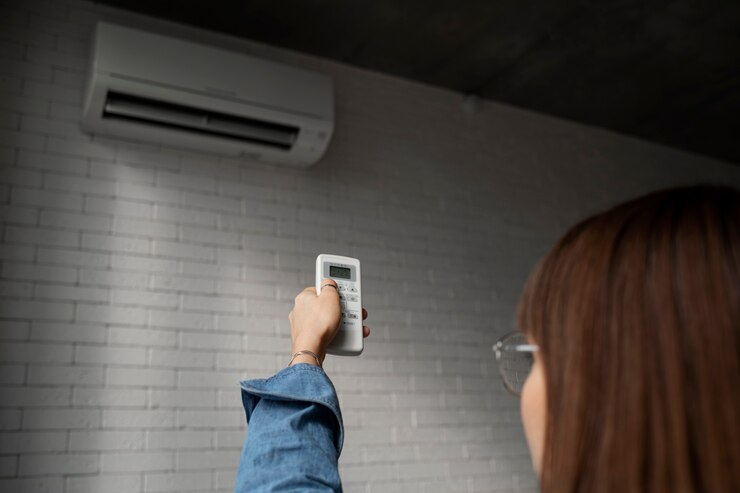Growing plants, be it for commercial or personal purposes, requires an investment not only in time and effort but also in the tools and equipment we use. Nursery pots, though often overlooked, play a pivotal role in nurturing and securing the growth of young plants. With the rising demand for sustainable gardening and farming practices, investing in good quality, durable pots becomes essential. And when purchasing in bulk, as is often the case with commercial establishments, wholesale nursery pots provide an economical and quality solution.
To truly maximize this investment, proper care and maintenance are crucial. Ensuring that your pots remain in the best condition possible will guarantee not only their longevity but also the health of the plants they contain.
The Value of Nursery Pots in Gardening
A Fundamental Tool for Growth
Every gardener understands the importance of the early stages of a plant’s life. It’s during these times that they are most vulnerable. Nursery pots provide:
- A controlled environment for growth.
- Protection from external factors and pests.
- Easy mobility and transplantation.
- Efficient use of space in larger cultivation areas.
Making the Most of Wholesale Nursery Pots
Purchasing wholesale nursery pots can be a wise investment, especially for commercial establishments. When buying in bulk:
- There’s potential for significant cost savings.
- Uniformity in size and shape ensures consistency in growth conditions.
- Streamlined operations when it comes to transplantation or movement.
Proper Care and Maintenance of Your Pots
To reap the full benefits of your investment in nursery pots, it’s essential to maintain them correctly. Proper care can extend their lifespan, ensuring they remain efficient and effective.
Cleaning – The First Step
- Regularly Clean After Use: Once you’ve transplanted a plant to its permanent home, make sure to clean the empty pot thoroughly. This prevents the buildup of any fungal or bacterial pathogens.
- Use a Mild Soap Solution: Harsh chemicals can deteriorate the quality of the pot or leave residues that harm plants. Always opt for a gentle cleaning solution.
- Scrub Gently: Using a soft brush, scrub off any dirt or grime. Avoid abrasive pads which can damage the pot.
Proper Storage – Key to Longevity
- Stack with Care: If storing multiple pots, ensure they are dry and stack them gently to prevent any damage or deformation.
- Keep Away from Direct Sunlight: While most nursery pots are UV stabilized, prolonged exposure can degrade the plastic. Store them in a shaded area.
- Avoid Extreme Temperatures: Very high or low temperatures can affect the durability and shape of the pot. Find a moderate, stable environment for storage.
Routine Inspection – Catching Issues Early
- Check for Cracks or Breaks: Regularly inspect your pots for any signs of damage. Even minor cracks can compromise the structure or allow harmful pathogens to enter.
- Ensure Proper Drainage: Make sure the drainage holes at the bottom are not blocked. This is vital for the health of the plant and the longevity of the pot.
Recycling and Repurposing Old Nursery Pots
As part of an eco-friendly initiative, instead of discarding old or slightly damaged pots, consider these options:
Upcycling Ideas
- Craft Projects: With a bit of creativity, pots can become decorative items or even garden art.
- Storage: Use them to store gardening tools or other materials.
Participate in Recycling Programs
Many nurseries and garden centers have recycling programs for plastic pots. This ensures they are processed correctly and reduces environmental impact.
Conclusion
Nursery pots, especially wholesale nursery pots, are essential tools in the realm of gardening and farming. However, like any tool, they require care and attention to truly maximize their value and potential. By ensuring regular cleaning, proper storage, and routine inspections, you can ensure your pots last longer and serve their purpose efficiently. Moreover, embracing sustainable practices like recycling or repurposing further enhances the value you get from these indispensable gardening aids.



